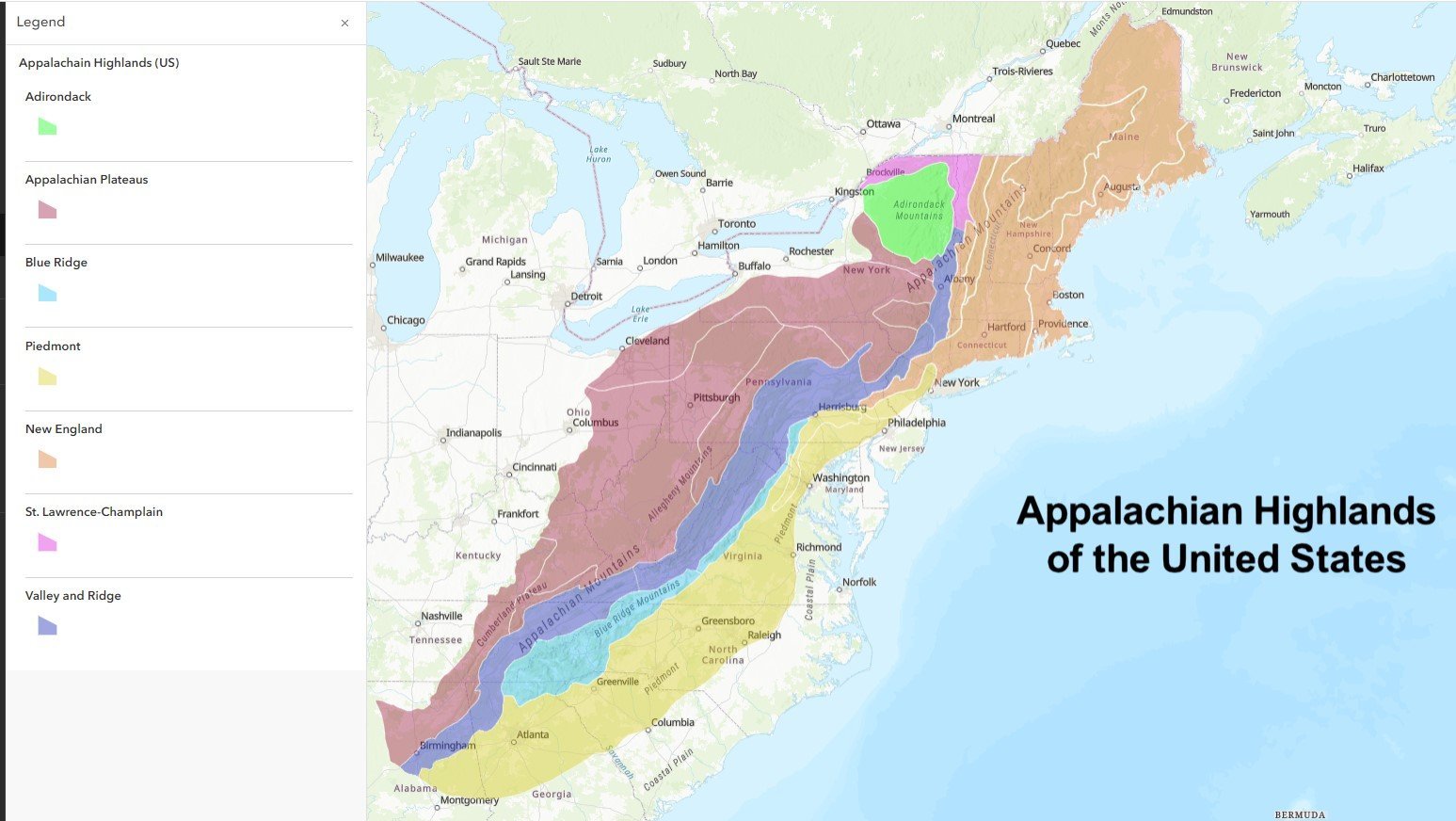Selecting the right Appalachian Trail sleeping pad is crucial for a successful and comfortable thru-hiking experience. Hikers traversing the 2,190-mile trail need a sleeping pad that balances weight, insulation, durability, and comfort. The perfect pad can mean the difference between restful recovery and a miserable night in the wilderness, protecting against cold ground and providing essential cushioning after long days of challenging terrain.
What Makes an Ideal Appalachian Trail Sleeping Pad?

Weight and Packability Considerations
Thru-hikers prioritize lightweight gear, and sleeping pads are no exception. The ideal Appalachian Trail sleeping pad typically weighs between 12-16 ounces and compresses to a compact size. Consider these key factors:
| Characteristic | Ideal Specification |
|---|---|
| Weight | 12-16 ounces |
| Packed Size | Less than 10 x 4 inches |
| R-Value | 3.5-5.4 for three-season use |
Top Sleeping Pad Recommendations
Therm-a-Rest NeoAir XLite NXT
- Weight: 13.0 ounces
- R-Value: 4.5
- Key Features:
- Updated baffle design for side sleepers
- Excellent warmth-to-weight ratio
- Compact packed size
Nemo Tensor All Season Insulated Sleeping Pad
- Weight: 14.1 ounces
- R-Value: 5.4
- Key Features:
- Unique baffle system
- Two-part valve for easy inflation
- Excellent for various sleeping positions
How to Choose the Right Sleeping Pad?

Material and Durability Factors
When selecting an Appalachian Trail sleeping pad, consider these critical aspects:
- Inflatable Pads
- Pros: Lightweight, compact, good insulation
-
Cons: Potential puncture risk, requires careful handling
-
Closed-Cell Foam Pads
- Pros: Virtually indestructible, no inflation needed
- Cons: Bulkier, less comfortable
Temperature and Insulation Needs
The Appalachian Trail presents diverse climate conditions, so choose a pad with appropriate insulation:
- Three-Season Pads: R-Value between 3-4
- Cold Weather Pads: R-Value 4.5-7.3
- Recommended for AT: Therm-a-Rest NeoAir XTherm NXT (R-Value 7.3)
What Are the Best Budget Options?
Affordable Sleeping Pad Choices
- Nemo Switchback
- Weight: 14.5 ounces
- R-Value: 2.0
- Price: Around $55
-
Best for: Budget-conscious hikers, three-season use
-
Foam Alternatives
- Z-Lite Sol
- RidgeRest Classic
- Affordable and durable options
Maintenance and Care Tips
Protecting Your Investment
- Use a repair kit for quick puncture fixes
- Store pad in a dry place
- Avoid direct ground contact when possible
- Clean with mild soap and water periodically
Expert Recommendations
Experienced Appalachian Trail thru-hikers consistently recommend investing in a high-quality, lightweight sleeping pad that provides both comfort and insulation. The Therm-a-Rest NeoAir XLite NXT and Nemo Tensor consistently receive top marks for their performance.
Final Considerations
- Prioritize weight and packability
- Consider your personal sleeping style
- Match pad to expected trail conditions
- Budget for quality, but don’t overspend
Reference:
– The Trek – Sleeping Pads
– CleverHiker Gear Guide
– Treeline Review

